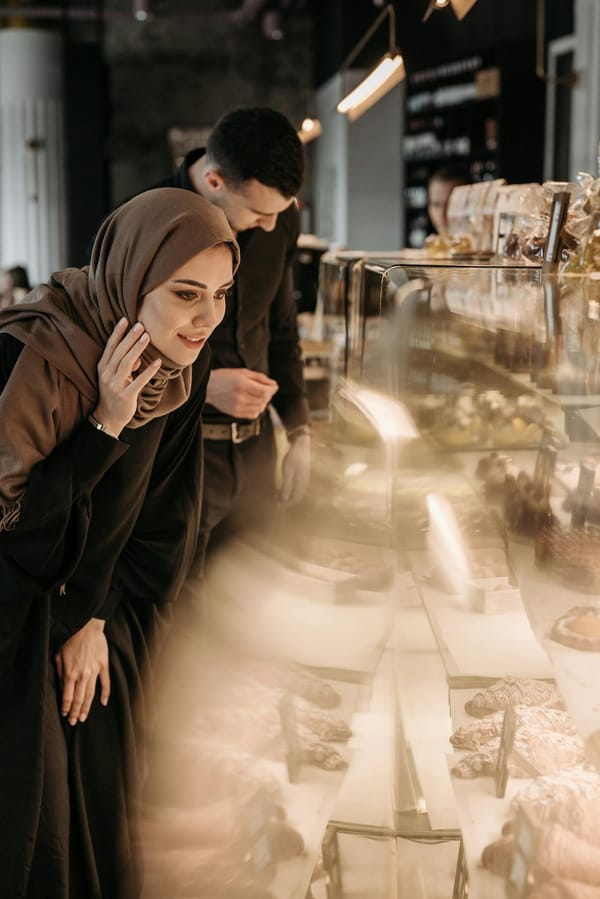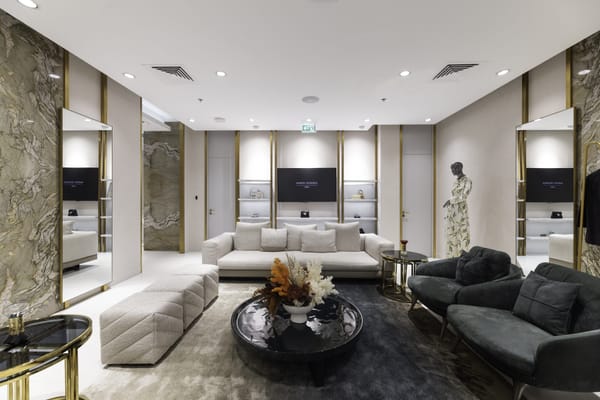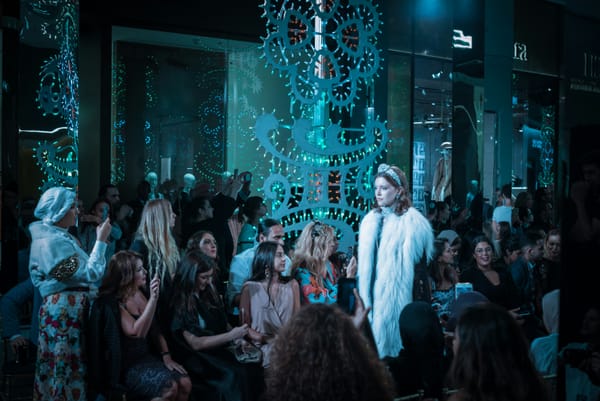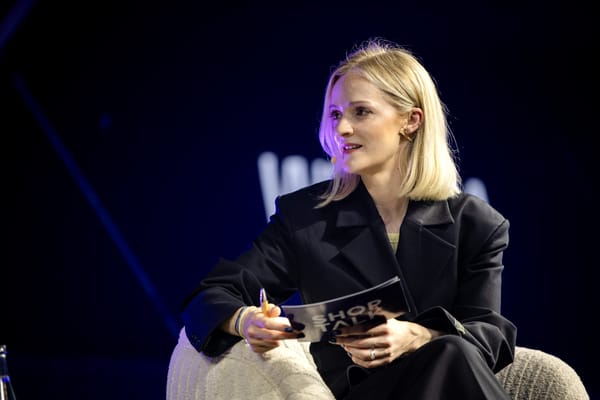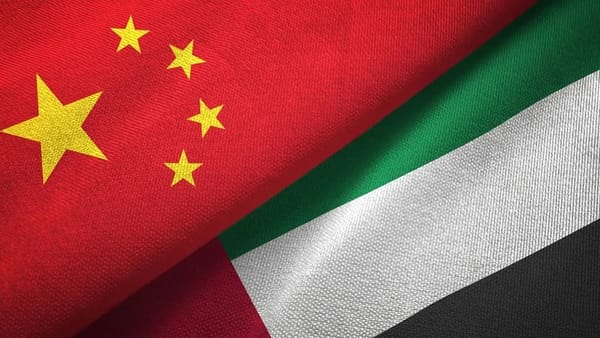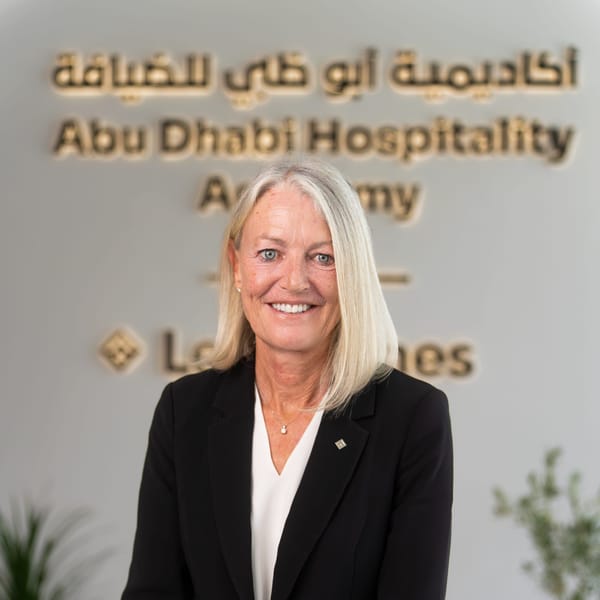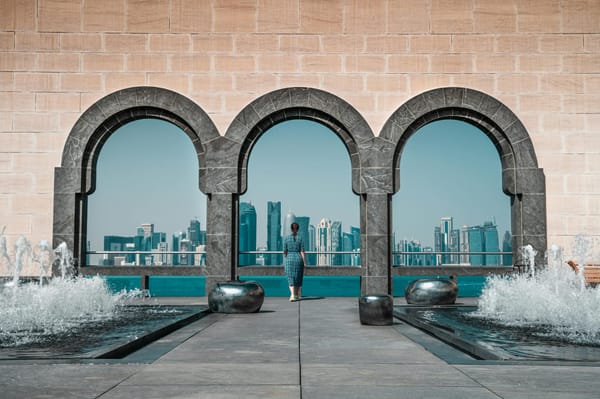In the shimmering world of Gulf luxury, tradition and modernity have always shared the stage.
Here, heritage is not a relic. It’s a living, breathing part of daily life, intertwined with some of the most progressive consumer behaviours in the world.
Now, as the luxury landscape embraces an accelerated digital shift, the Gulf is poised for what may be its most significant transformation yet: a future where as much as half of all luxury purchases are made online, according to Al Tayer’s CEO Khalid Al Tayer.
The Next Chapter: Luxury, Online
The prediction is bold but entirely believable. The region’s consumers are among the most digitally savvy anywhere, with high smartphone penetration, a global outlook, and a taste for innovation. But unlike in many markets, the move to online in the Gulf is not about replacing the boutique; it’s about reimagining it.
For the Gulf’s luxury clientele, the experience is as important as the item itself. The click must carry the same allure as the concierge greeting you at a flagship store. The unboxing must feel like stepping into a world curated just for you. And the service must be immediate, intuitive, and unfailingly gracious.
For global brands, the opportunity lies in crafting an online journey that mirrors - and in some cases elevates — the sophistication of the offline experience.
Ounass: A Masterclass in Local Luxury E-Commerce
Capturing an estimated 80% of the Gulf’s online luxury market, Ounass is more than a retailer; it’s a case study in cultural fluency. Their formula is rooted in three principles:
- Service as an art form: Same-day delivery, impeccable packaging, and personalised touches that make every order feel like a private appointment.
- Cultural connection: Campaigns that honour Ramadan, Eid, and modest fashion with as much elegance as Parisian couture weeks.
- Trust earned daily: Consistency in quality, reliability in service, and a curated selection that feels both global and distinctly regional.
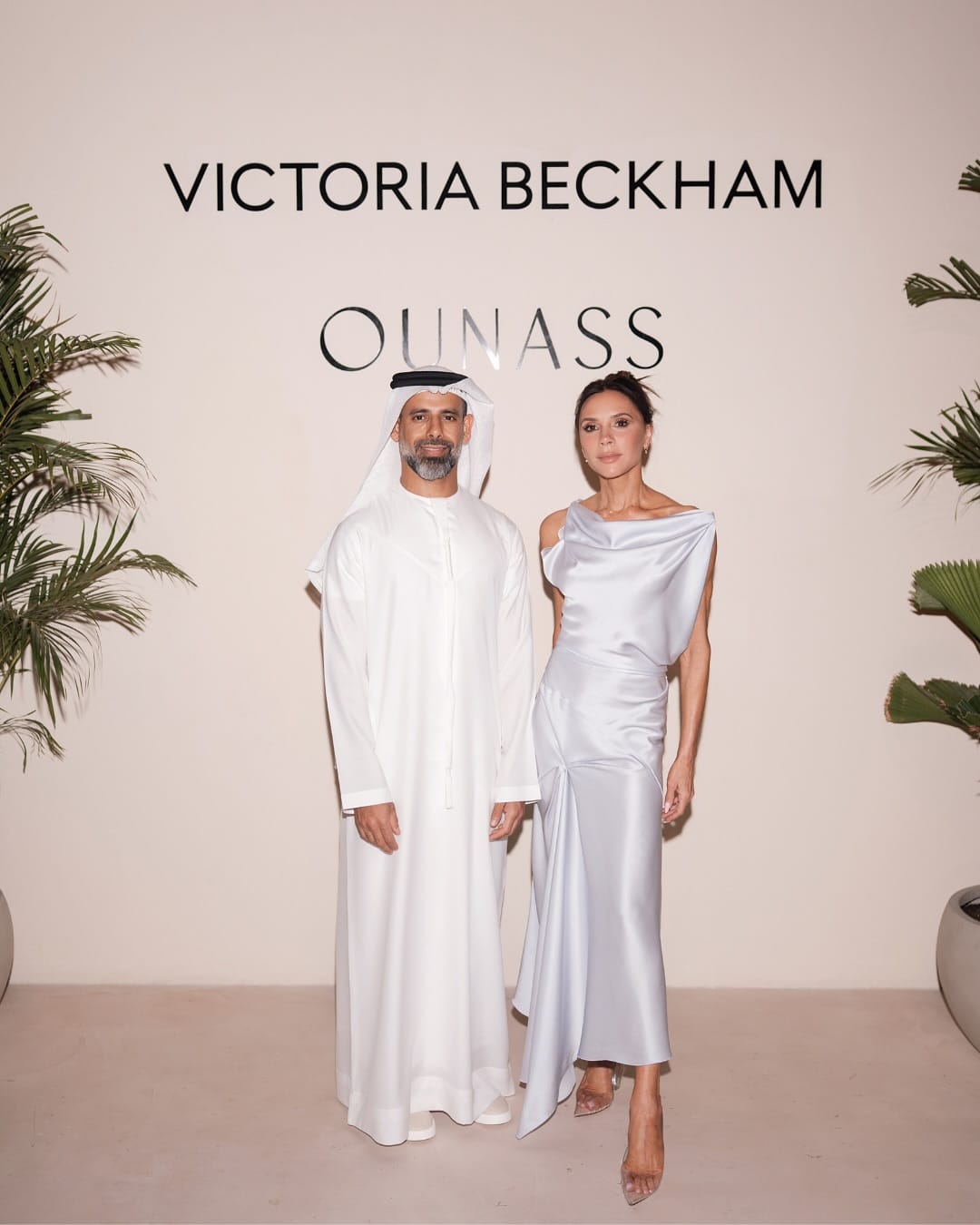
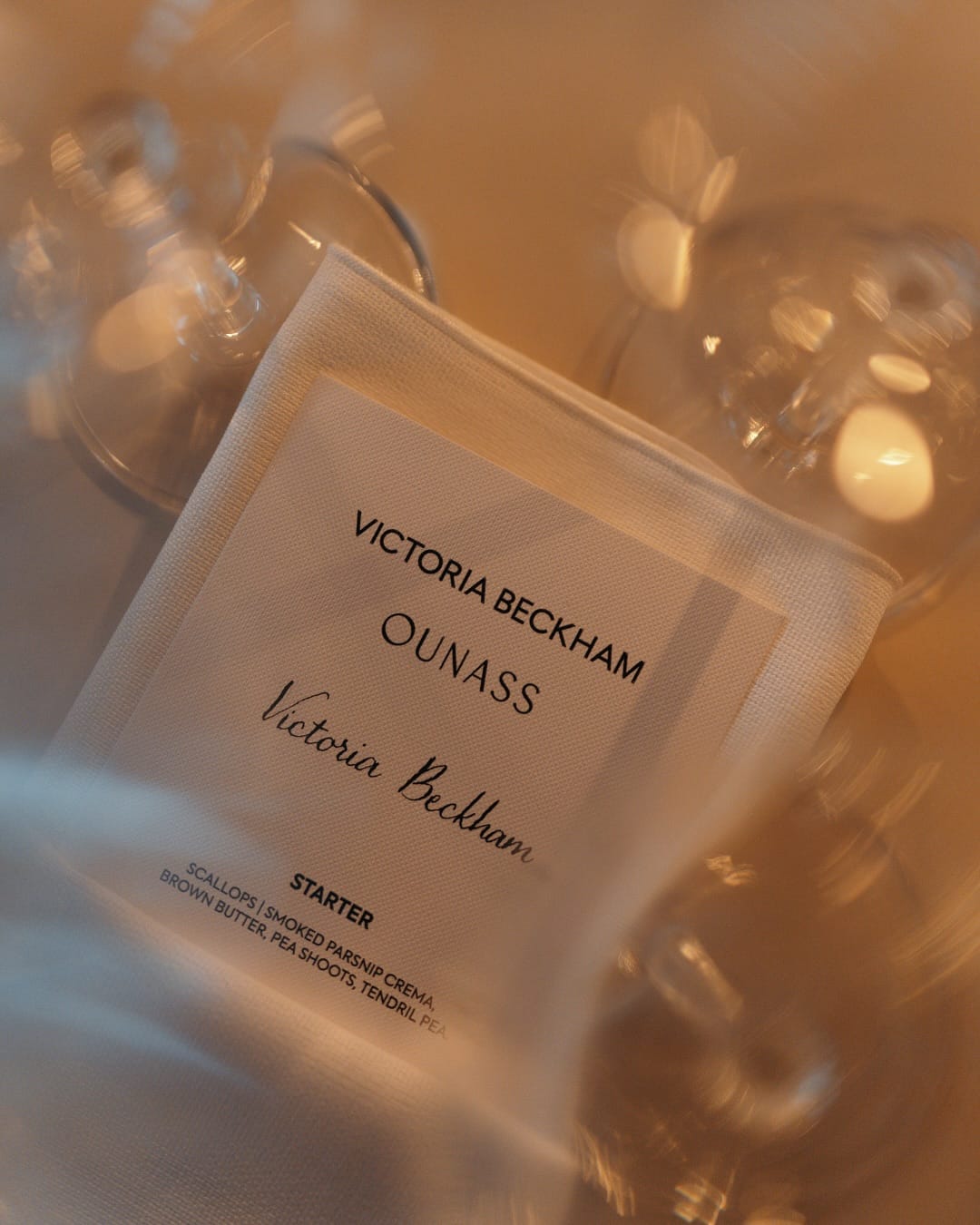
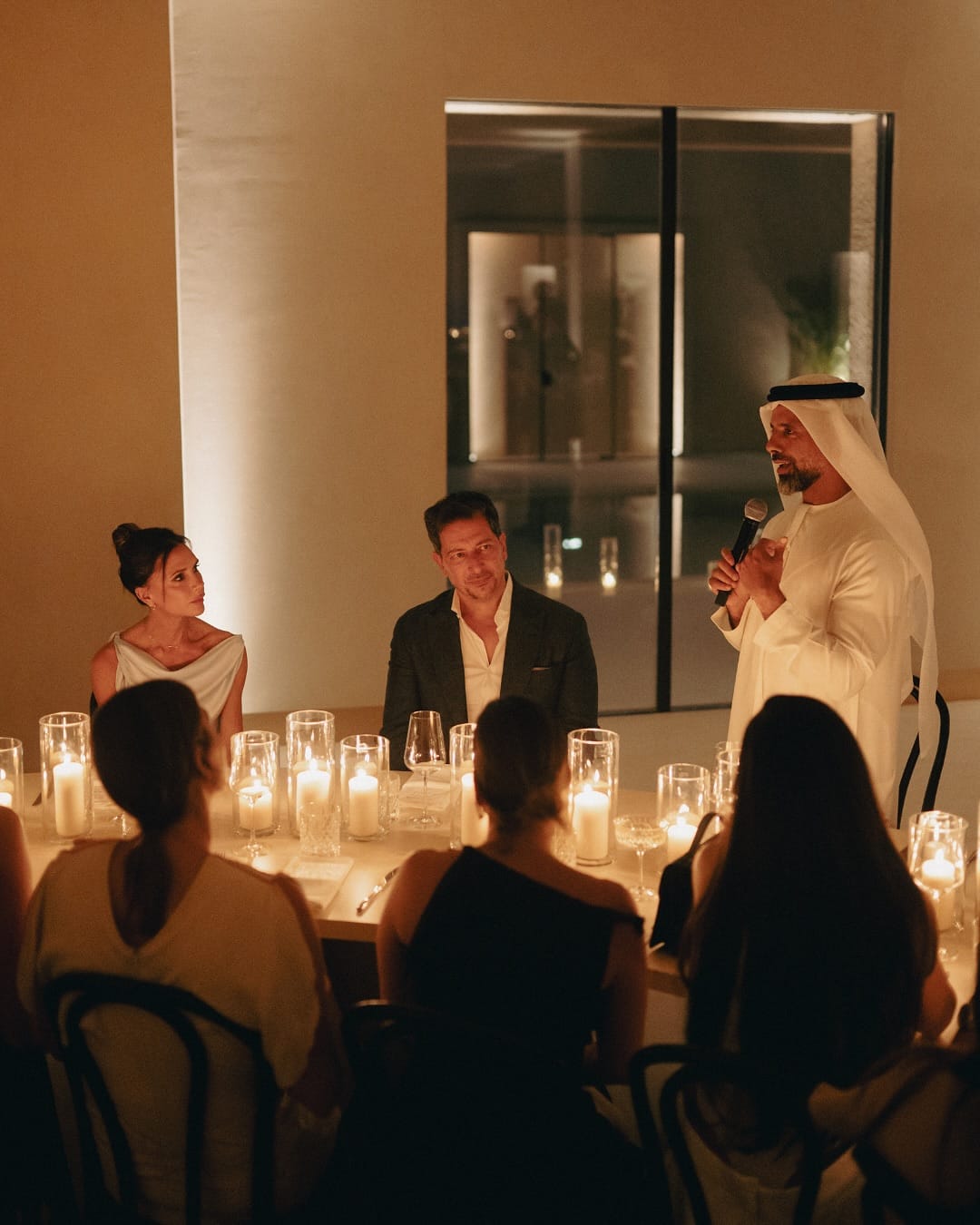
Ounass celebrates Victoria Beckham SS25 exclusive capsule with an intimate dinner for fashion insiders and tastemakers. Image: Ounass
For international players like Mytheresa or Farfetch, stepping into the Gulf means rewriting the rulebook. The market rewards those who embed themselves into its cultural calendar, match its delivery speed, and nurture a sense of belonging far beyond transactional exchanges.
Competing in this region means more than replicating their international playbook. Global players need:
- Anchor themselves in the Gulf’s cultural rhythms, from marketing calendars to style edits that reflect local preferences.
- Invest in last-mile excellence, same-day or next-day delivery is no longer a luxury; it’s an expectation.
- Build community, not just a customer base, create online spaces where luxury is discussed, celebrated, and personalised.
Winning the Gulf Consumer: Five Golden Rules
- Speak the Language, Understand the Soul. Arabic localisation isn’t just about translating a sentence; it’s about evoking the same emotion, elegance, and cultural nuance as the original brand story.
- Deliver White-Glove Service, Digitally. Think WhatsApp-based personal shoppers, virtual styling sessions, and seamless aftercare. The convenience of technology must carry the warmth of human connection.
- Align with Cultural Rhythms. In the Gulf, Ramadan is not just a sales season; it’s a time of reflection, generosity, and elevated living. Align your storytelling and product offerings with these moments.
- Showcase Heritage and Craftsmanship. Gulf luxury consumers gravitate towards legacy. Use your digital platforms to bring the atelier into their homes. Let them see the hands that made the gown, the artistry behind the jewellery.
- Bridge the Screen and the Salon. Hybrid experiences, from exclusive pop-ups to private previews, create a sense of intimacy and access that no algorithm can replicate.
The Gulf’s luxury e-commerce future is not about speed alone. It is about creating digital experiences worthy of the world’s most discerning clientele, experiences where every touchpoint feels intentional, personal, and steeped in cultural understanding.
In this market, luxury isn’t simply sold. It’s invited in.


